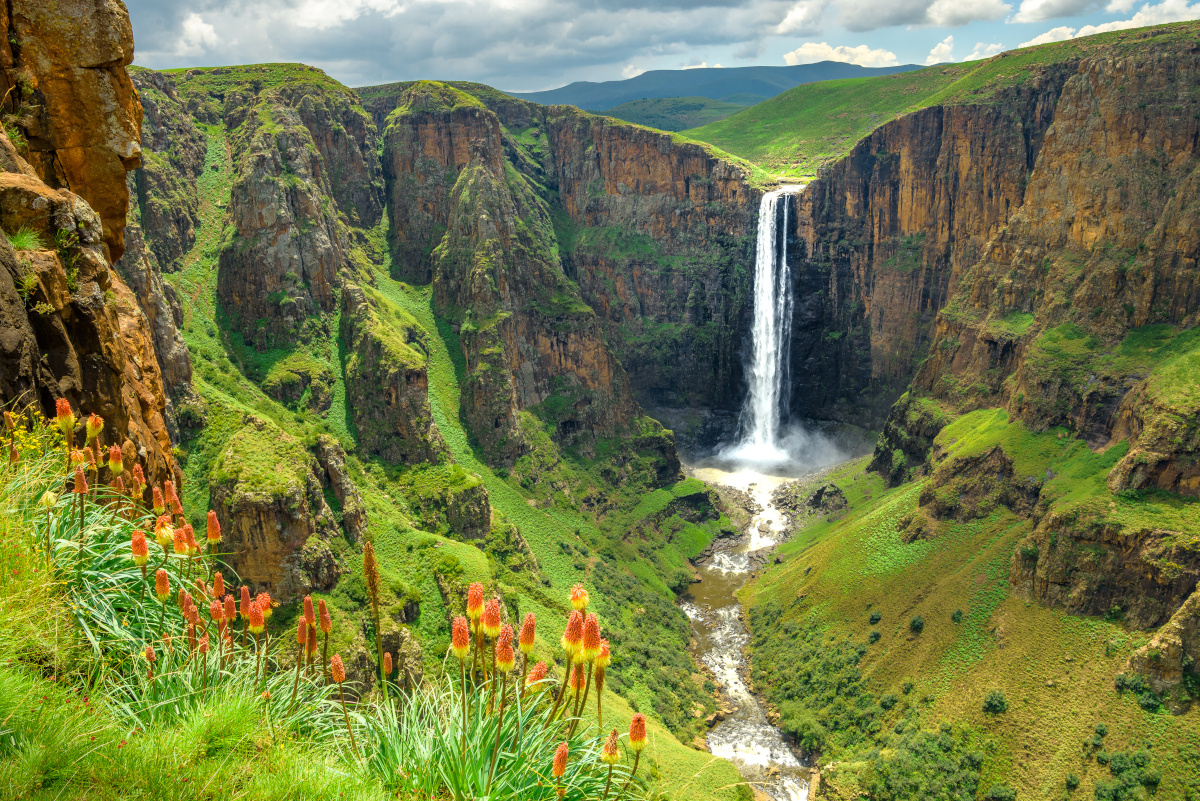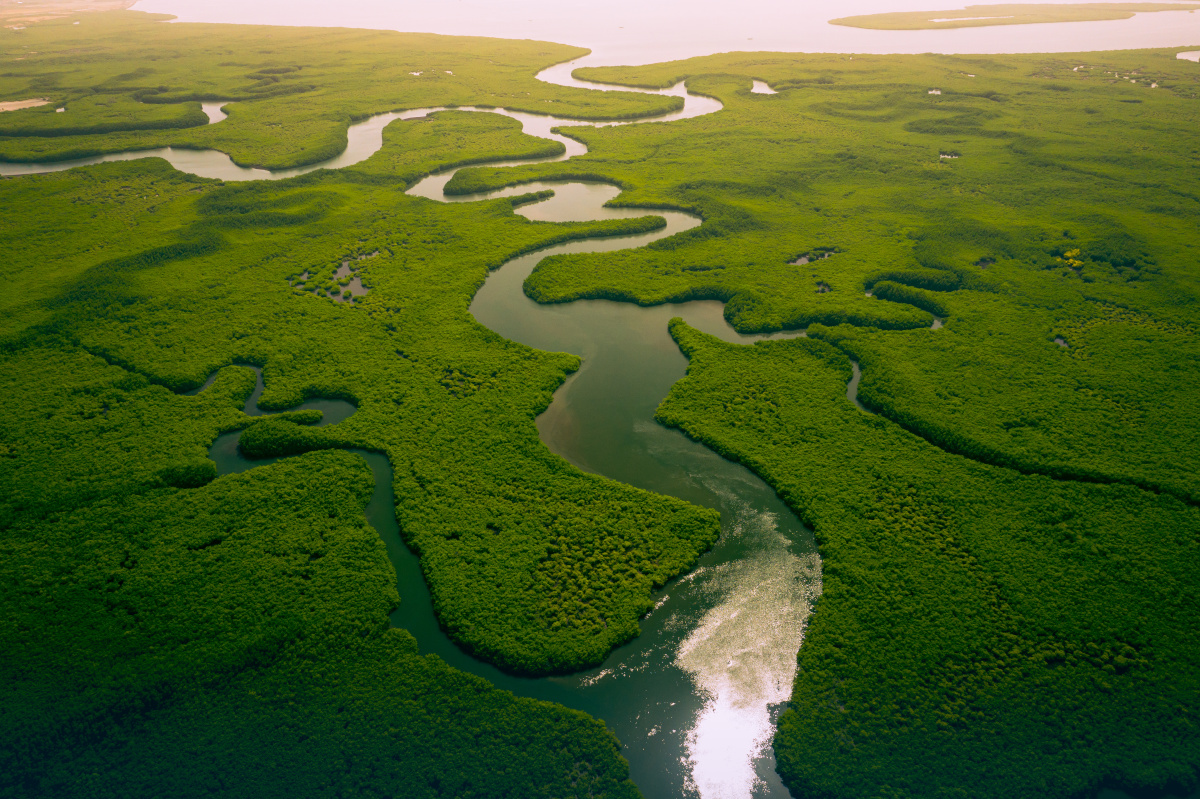
Traveling to Africa: What to Know Before You Go
Essential Information for Travelers to Africa
However, things often don't go to plan in Africa and a visit to the continent does come with some unique risks. That's why you need a comprehensive travel insurance plan to protect you against any unforeseen events or emergencies that might happen while you're there. Whether it's a flight or transportation option falling through, losing your personal belongings, or getting sick or injured while in a remote place, Africa travel insurance protects you so you can stay focused on enjoying your trip.

Health & Safety in Africa
Medical Care and Hospitals
Because it’s such a large continent with varying degrees of economic development, the quality of healthcare services in Africa is not consistent. Urban areas often have private clinics and hospitals with decent to good care, especially in more developed countries like South Africa, Kenya, Morocco, and Egypt. However, in rural areas or poorer countries, you may find a lack of high-quality medical services, equipment, and medications. For serious trauma or emergency care, there can be scant services available in these areas, which means you’ll need emergency medical evacuation. These evacuations are not free and can be extremely expensive. This is why, in addition to travel medical insurance, emergency evacuation coverage is essential for your trip to Africa.
No matter how you access care, it’s likely that you will need to pay for your treatment up front. Emergency medical costs can quickly add up, which is why having comprehensive travel insurance with emergency medical and evacuation coverage is so important. If you need help finding care in Africa, you can contact Redpoint’s 24/7 helpline or the U.S. embassy or consulate located nearest to your location.
Health Risks and Vaccinations
The risk of yellow fever is high in Africa, so proof of vaccination is required to enter many African countries, including Ghana, Côte d’Ivoire, Uganda, and the Republic of Congo. Other countries like Egypt, South Africa, Botswana, and Tanzania may require proof of yellow fever vaccination only if you’re arriving from a high-risk country. Proof comes in the form of a WHO Yellow Card, or an International Certificate of Vaccination, which you can obtain from a registered provider in your home country. If you plan to travel to multiple countries in Africa, speak to your provider about yellow fever vaccination while planning your trip.
Aside from yellow fever, there are other risks you should be aware of and vaccinations that can protect you. The CDC recommends that, in addition to being up to date on all routine vaccinations, U.S. travelers who are traveling to Africa must also be vaccinated for hepatitis A, hepatitis B, typhoid, rabies, cholera, measles, and meningitis. For the risk profiles of each country, you can visit the CDC’s country-specific pages. The CDC also recommends making an appointment with your healthcare provider up to six weeks before departure, as some vaccines take a while to take effect.
Africa is also home to several mosquito-borne illnesses, which vary by region, season, and elevation. Malaria, dengue fever, zika, and chikungunya are present in various countries at certain times of year. In addition to taking precautions to prevent insect bites, the CDC suggests taking other preventative measures, such as preventive anti-malarial medication, if you’re going to spend large amounts of time in affected regions. Speak to your healthcare provider before you leave to understand the risks.
Food and water-borne illnesses like traveler’s diarrhea are also prevalent in Africa and travelers can experience gastrointestinal illness from consuming contaminated food and water. To avoid this, stick to bottled water, especially in rural areas, peel any raw fruit and vegetables you consume, avoid ice, and try to eat food that’s properly cooked from trusted vendors. It’s also wise to carry a basic medical kit with common over-the-counter medication, as well as spare prescription medication or copies of your prescriptions. This is especially true if you will be visiting or hiking in remote areas.
Insurance Benefits and Coverage for a Trip to Africa
What does travel insurance in Africa cover?
When considering travel insurance cover for your trip to Africa, you will want to make sure your travel insurance policy covers all the areas below so that you’ll be prepared, no matter what happens during your trip.
Trip cancellation and trip interruption insurance:
Travel medical insurance:
Emergency medical evacuation insurance:
Lost luggage and personal belongings insurance:
Trip delay coverage:
Optional add-ons:
Choosing the Right Plan
Ripcord has a variety of plans for travel insurance for Africa. For travelers seeking adventurous activities like going on wildlife safaris in the Serengeti or climbing Mt. Kilimanjaro, Ripcord is an extensive plan with high coverage limits and enhanced coverage, such as emergency evacuation and repatriation, perfect for trips to remote or rural destinations. Cavalry is suited for urban or business travelers who are seeking luxury and cultural experiences while staying in Africa’s cities like Nairobi, Cape Town, or Cairo or higher-end resorts. Meanwhile, Harbor offers robust coverage to the budget-minded leisure traveler who may be backpacking through the continent on a shoestring. You can compare all of Redpoint’s comprehensive plans and figure out which one might be right for your trip here.
Entry Requirements & Practical Information
Entry and Visa Requirements
Entry requirements for Americans visiting Africa vary widely. Fortunately, some countries that are popular with tourists, such as South Africa, Tunisia, and Morocco, allow visa-free entry for shorter stays. Other popular destinations like Kenya and Tanzania allow for e-visas, which can be applied for online prior to your arrival. Roughly 30 or so nations still require you to obtain a visa on arrival or apply for one prior to your trip. It’s best to check the embassy or government website of the country you are visiting before you go. It’s also worth noting that passport validity of at least 6 months and proof of onward travel are commonly required for entry.
What to do in an Emergency
If you have an emergency, passport issue, or legal problem while you’re traveling in Africa, you should contact the nearest embassy or consulate office where you are located. The U.S. State Department has a country-by-country list of these locations on its website. Make sure you visit a location that provides the service you need, as not every embassy or consulate provides passport services or general assistance to the pubic.
In addition, it’s wise to sign up for the U.S. State Department’s Smart Traveler Enrollment Program (STEP), which is a free service that will send you updates and notifications for Americans abroad. It can help you keep track of any threats or conflicts developing in the regions you’re traveling in, or if the U.S. State Department issues any travel advisories for countries in Africa.
In addition, Redpoint offers 24/7 support on its helpline to travelers who have an emergency or need assistance. If you are having trouble locating help locally, Redpoint’s associates can help connect you to the help you need on the ground.
Popular Activities and Adventure Travel in Africa
If adventure travel is what you’re after, you’d be hard-pressed to find a better place to visit than Africa. From world-class safaris in the Serengeti and Kruger National Park to trekking with Gorillas in Uganda and diving with sharks in South Africa, there are so many experiences you simply can’t find anywhere else. There’s also the incredible red desert dunes of Namibia, plenty of water sports on the Zambezi River, and scuba diving in the Seychelles, Mozambique, and Tanzania. Wherever you go, you need to make sure you have adventure travel insurance that covers what you choose to do while you’re in Africa. These activities come with higher risks, and many of them take place in less developed parts of the continent, so coverage for emergency medical expenses and emergency evacuation is a must.
FAQs for Africa Travel Insurance

Is travel insurance for Africa required?
Can one plan cover multiple countries in Africa?
What if I’m injured on safari or a mountain climb?
What if I get sick from food or water?
How much does travel insurance cost?
What about pre-existing conditions?
Protect Your Trip With Redpoint Travel Insurance
Protecting yourself on your trip to Africa requires comprehensive travel insurance, and Redpoint Travel Protection has a global reputation for providing high-quality policies to fit every traveler. It also offers 24/7 support — even in some of Africa’s most underdeveloped regions — to give travelers peace of mind and help them enjoy their trips. Explore Redpoint’s policies here, which can support backcountry adventurers and city hoppers alike

